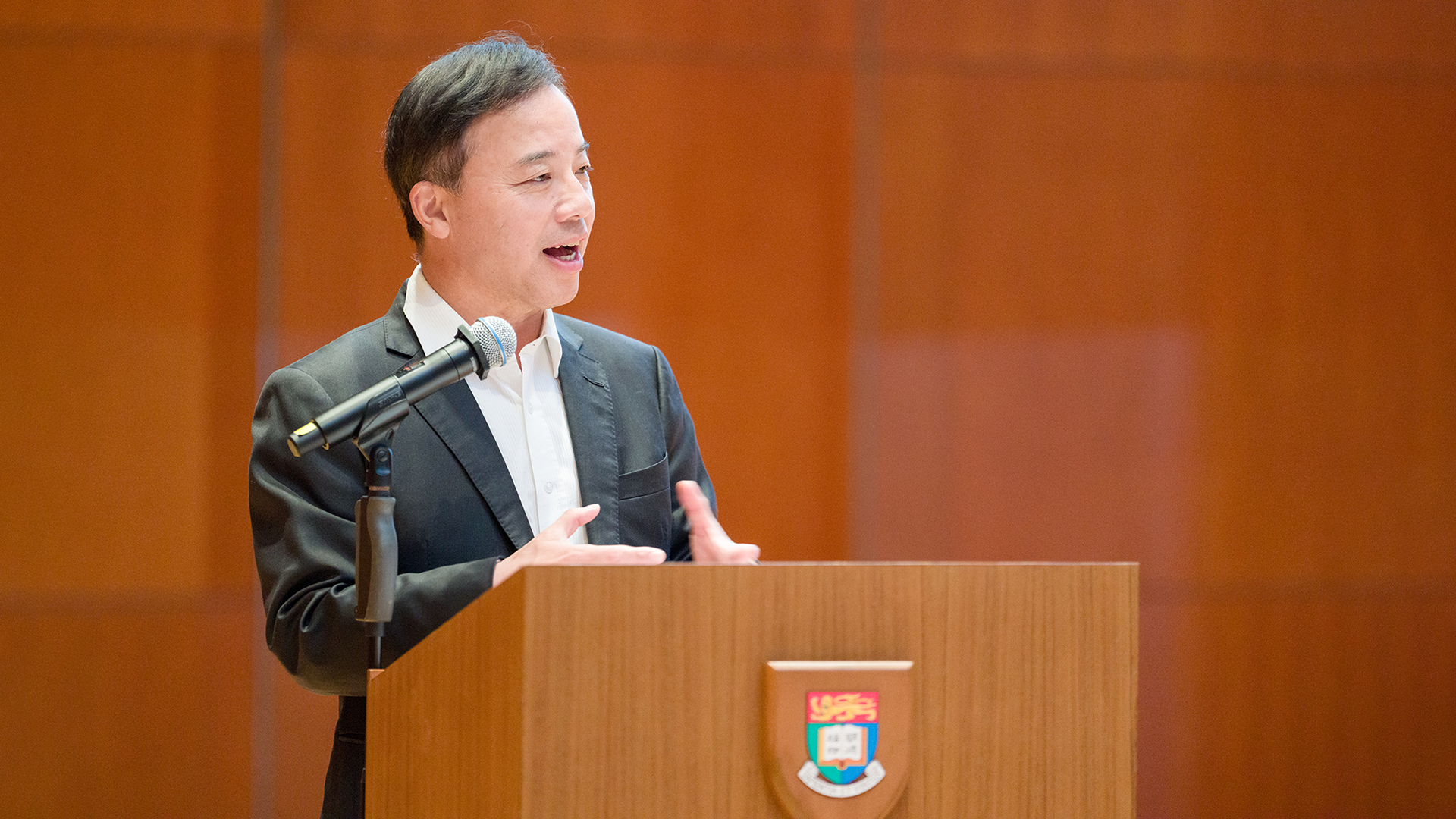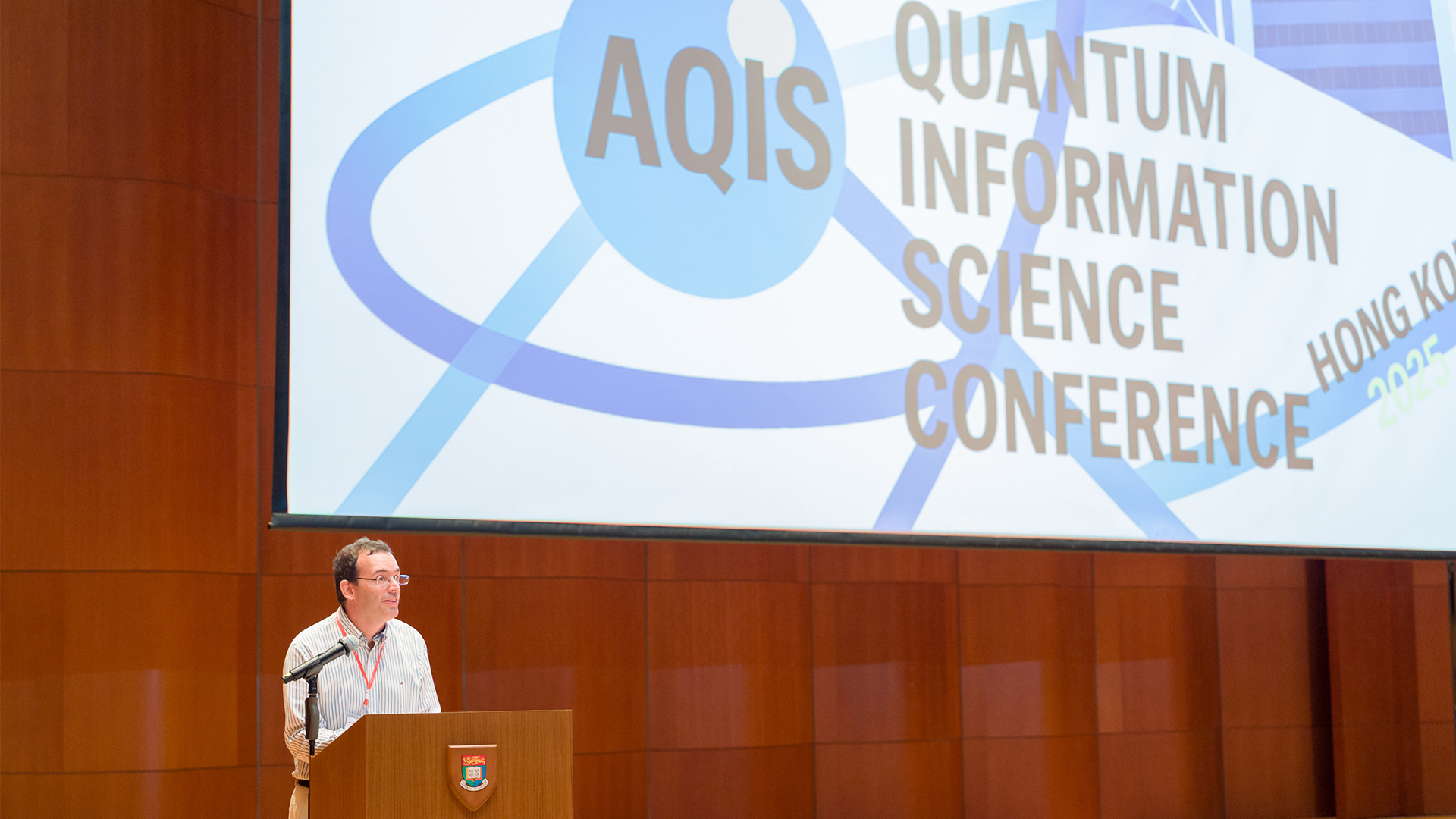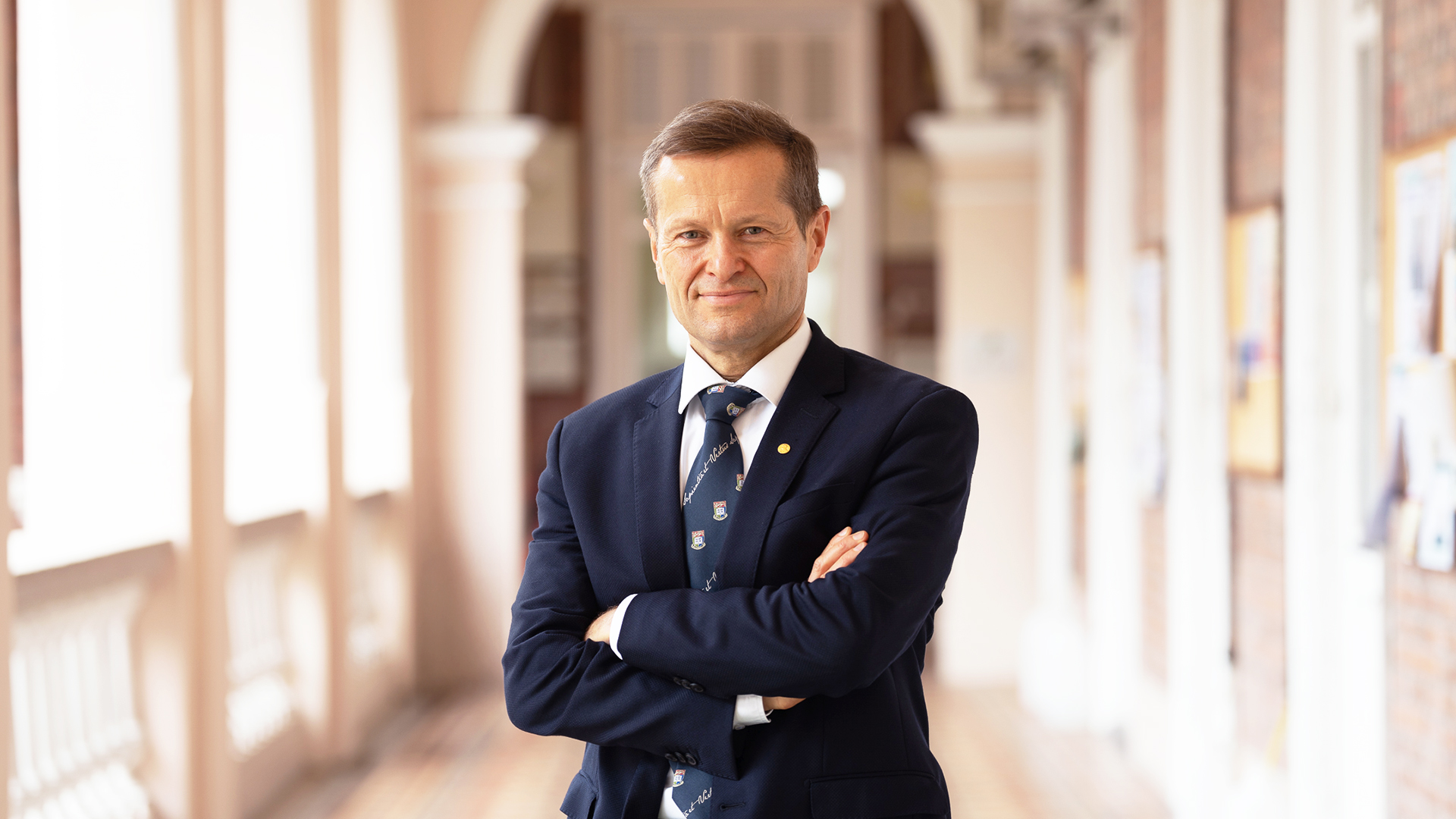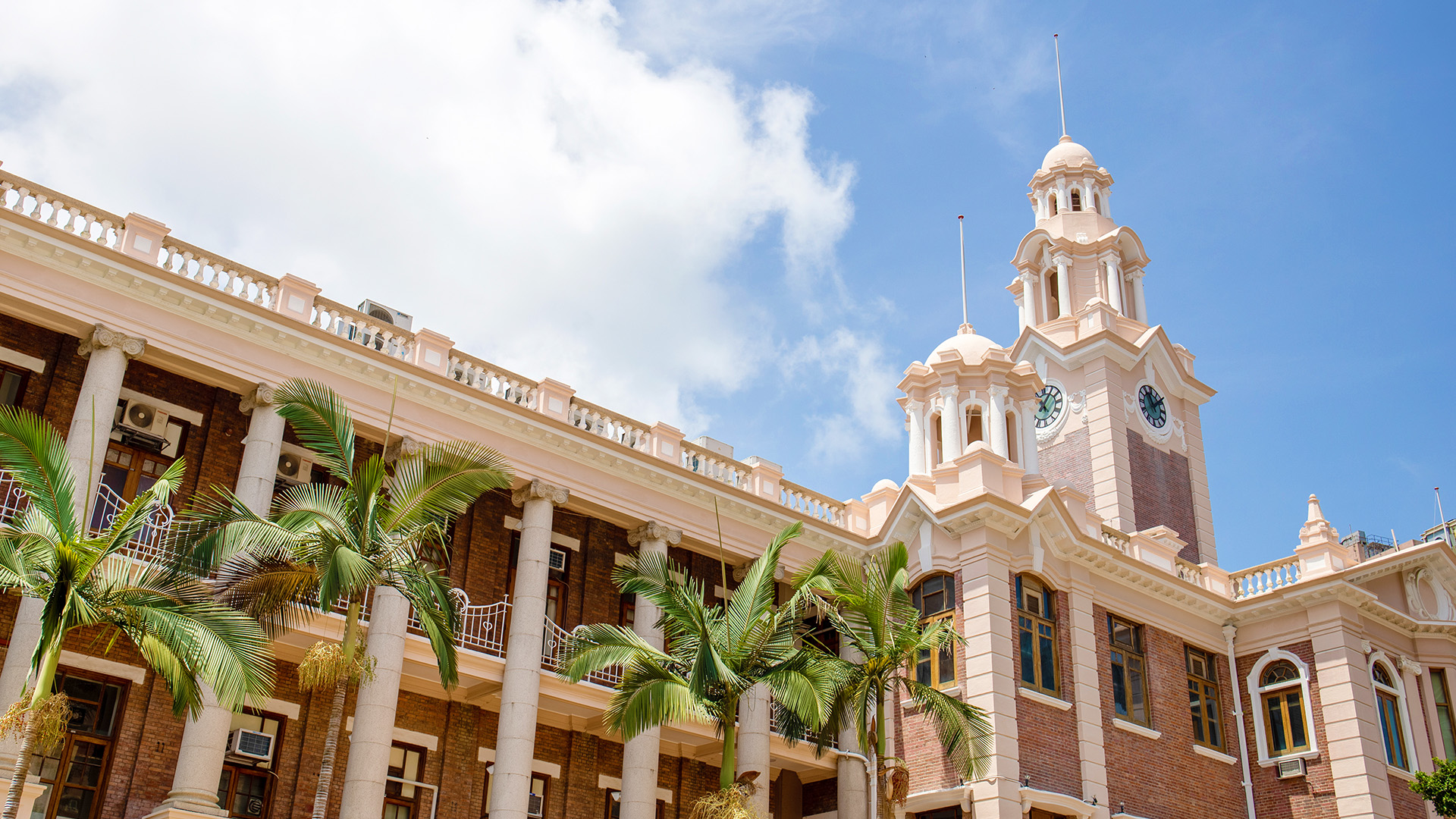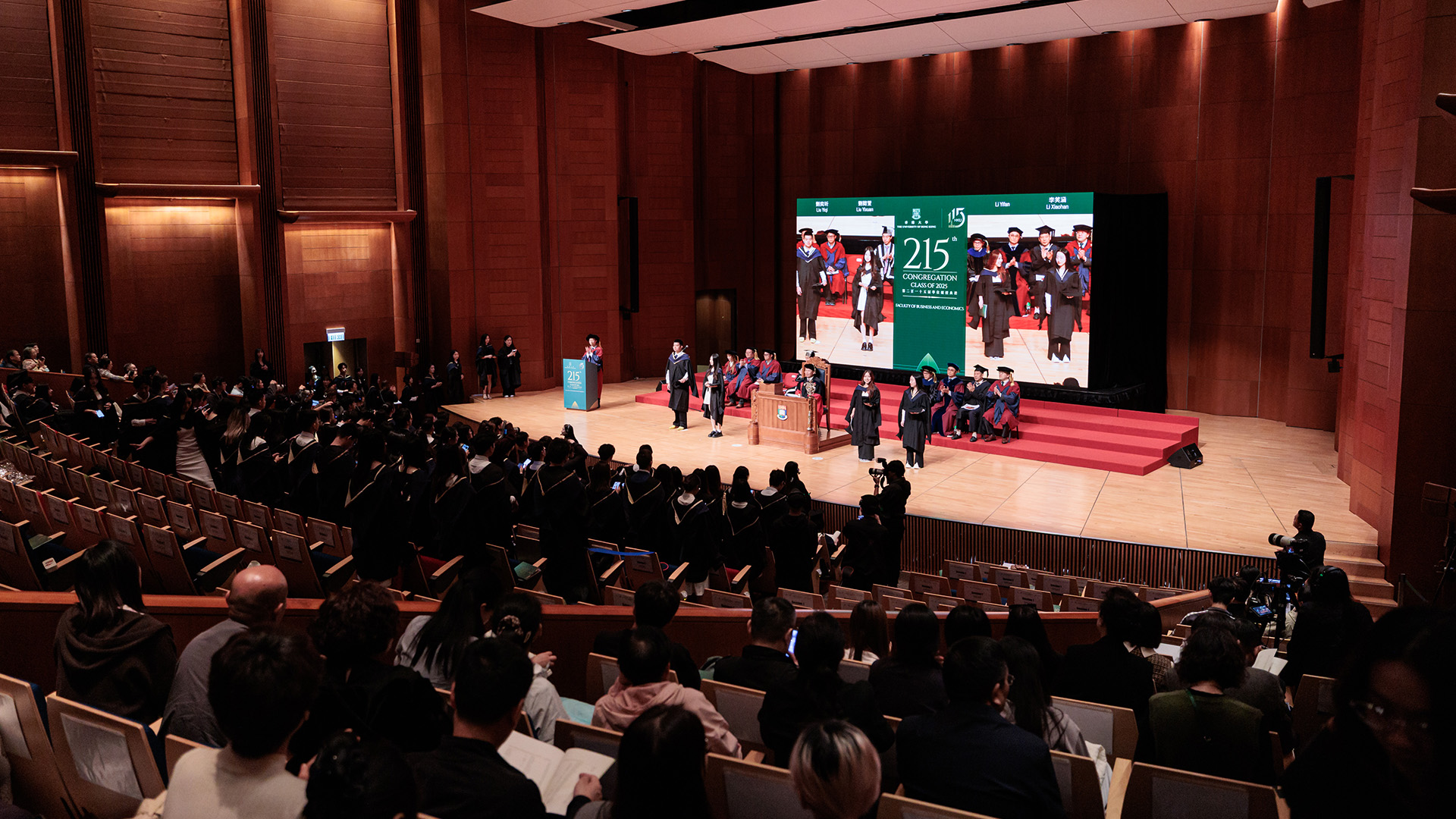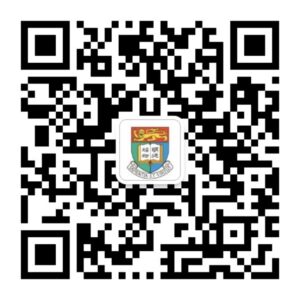This is the United Nation’s Year of the Quantum – a reminder of the importance of this field and its potential global impact. So it was timely and fitting that the milestone 25th Asian Quantum Information Science Conference (AQIS’25), the first to be held in Hong Kong, was hosted by HKU.
AQIS’25, held in early August, was organised by the Quantum Information and Computation Initiative (QICI) of the HKU School of Computing and Data Science and the Hong Kong Institute of Quantum Science & Technology (HKIQST), in collaboration with the Hong Kong Branch of the Quantum Science Center of Guangdong-Hong Kong-Macau GBA.
The conference brought together over 400 global and local experts and researchers to explore cutting-edge developments at the intersection of quantum physics, computer science, mathematics, and technology.
Professor Xiang Zhang, President and Vice-Chancellor of HKU, delivered the opening remarks at the conference and highlighted the global momentum in quantum research – from Europe and the US to China – and reaffirmed HKU’s role in connecting East and West. “Quantum mechanics, once seen as science fiction, is now the foundation of a high-end global industry,” he said, adding, “Science flourishes through exchange and collaboration. Asia is rising as a key player in quantum science, and HKU is at the forefront.”
Over 400 experts, including renowned researchers and innovators from international and local academic institutions, such as the University of Oxford, the University of Cambridge, the Weizman Institute of Science, the University of Tokyo, the University of Waterloo, the National University of Singapore and the University of Science and Technology of China, as well as representatives from leading organisations, including JPMorganChase, shared their professional insights at the conference.
AQIS’25 continued the tradition of being Asia’s flagship forum in quantum information processing, communication, and cryptography. The conference featured keynote talks by global thought leaders, in-depth technical sessions, and a dynamic exchange of ideas across quantum computing, secure communication, and foundational theory.
Professor Ravi Ramanathan of HKU’s School of Computing and Data Science (CDS) was on the programme committee and noted the exceptional calibre of the conference papers. “There were 300–400 submissions that were very, very good,” he said. “Many of the most important people in quantum science came this year, so it was good to see them there and interact with them.”
In fact HKU was not only the host, but actively contributed to leading discussions across a range of areas as well. One of the world-class researchers who presented was Professor Giulio Chiribella, founder of HKU’s Quantum Information, Computation and Intelligence (QICI) Lab. “AQIS conferences are world renowned as a meeting point for the community interested in quantum information, and this was the first time its key annual conference was held in Hong Kong,” he said. “Quantum science is a fascinating world, and we’re part of a very exciting technology that’s being developed.”
Another of the key organisers, Professor Yuxiang Yang at CDS, whose research in quantum sensing is pushing the limits of measurement precision, was gratified to see that there were participants who shared his passion in this area of specialisation. “There were a couple of works and talks on this field, which is one of the exciting directions for quantum science.”
As quantum science moves from theory to application, HKU is committed to shaping its future. Hosting AQIS was both a milestone and a signal: Hong Kong is ready to lead the next era of technological innovation.
